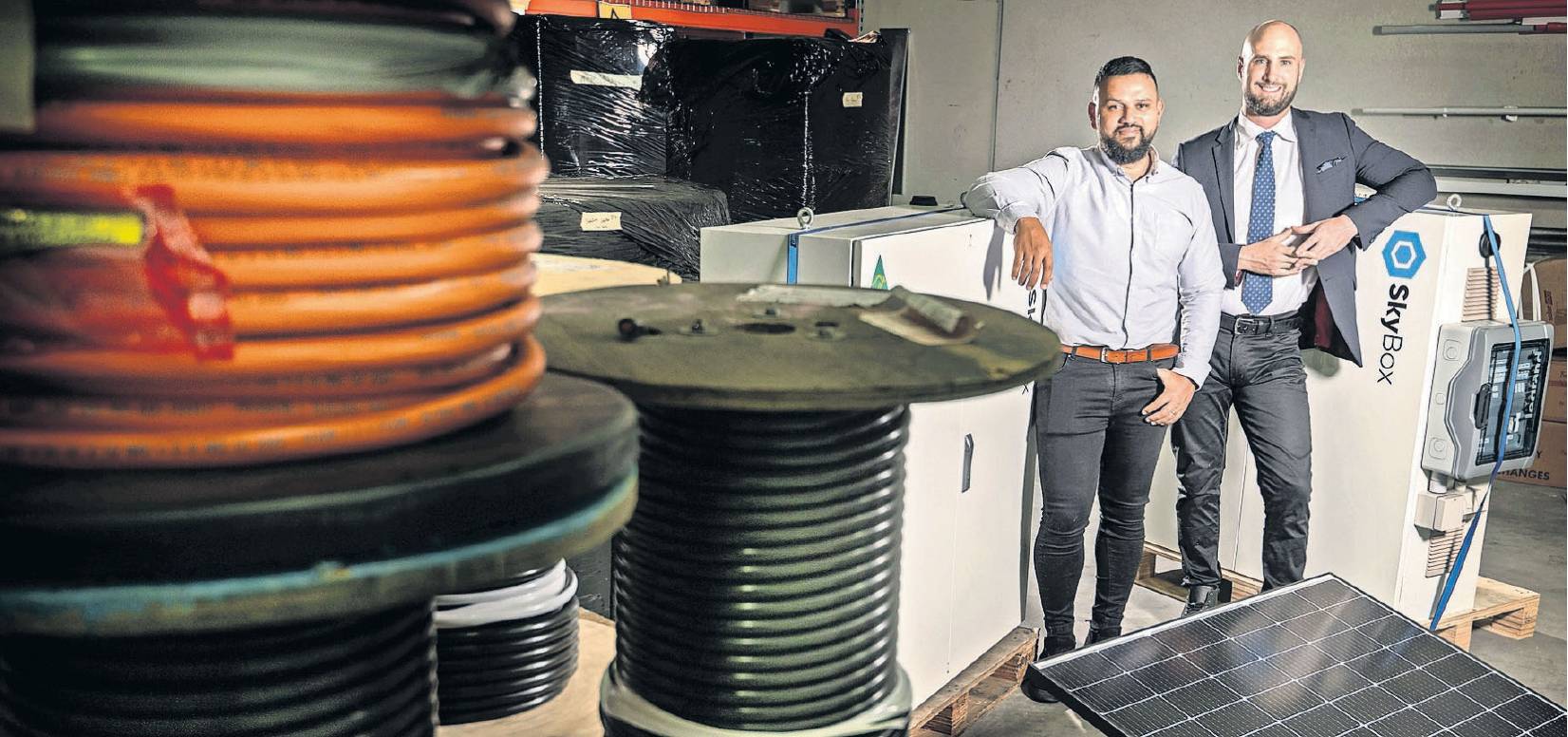Solar innovators turn to public for funds
As we brace for a long, hot summer, there is no doubt rooftop solar will continue to drive Australia’s transition to renewable energy sources. Alongside wind and hydroelectric generation, solar is not only powering more and more businesses and households, but is also delivering substantial cost savings on energy bills and generating new business opportunities.
Over the past decade, solar and wind energy have played a significant role in driving the expansion of renewable generation, more than doubling its capacity.
In 2022, renewable energy accounted for 35.9 per cent of Australia’s total electricity generation, up from 32.5 per cent in 2021. That figure has more than doubled since 2017, when it stood at just 16.9 per cent.
Small-scale solar generation experienced 29 per cent growth in 2021 and has maintained an average annual growth rate of 28 per cent over the past 10 years. Similarly, wind generation saw a substantial increase of 19 per cent in 2021 and has averaged an annual growth rate of 15 per cent over the past decade.
This momentum to switch from fossil fuel has seen an explosion of opportunities as businesses compete to grab a share of the market, which is predicted to exceed $3.5 trillion by 2030.
One of those is Melbourne-based solar installation company Sky Energy, which has seen massive growth since its launch in 2019 and is now opening its doors to the public to raise funds for expansion to meet demand.
Co-founder Samuel Kent, along with his childhood friend and fellow electrician Ross Howard, used the lockdown periods of COVID-19 to explore ways to simplify solar energy solutions. In particular, the pair wanted to take the frustration out of having to factor in multiple components in on-site installations.
Their solution was to build SkyBox, a self-contained energy system with a battery, inverter and all required switches that can be installed by any electrician.
The product has proved so popular the company is launching an equity crowdfund with Equitise to raise capital to facilitate the acquisition of new manufacturing facilities to keep up with growing demand.
This means the general public can buy shares in Sky Energy for the next month, with share packages starting at $250.
“Ross and I had the idea 10 years ago about simplifying clean energy and then the more we worked in the industry, the more we saw the opportunity,’’ Kent says.
‘‘COVID gave us the chance when things were quiet to work on some ideas, so we started by inventing the Sky Box and took our own factory off the grid.’’
The benefits were immediate and, importantly, Kent says, they quickly realised how it opened up accessible green energy to any household or business. Compared to existing solutions, SkyBox is 90 per cent faster to install, which saves installation costs, gives more people access to affordable clean energy and drives savings through access to cheaper, green power.
“In the past you’d have to pay up to tens of thousands to run cables to your home or property,’’ Kent says. ‘‘SkyBox solves that and doesn’t require an off-grid-qualified electrician to install, which means saving thousands of dollars compared to installing an off-grid solar system through an off-grid installer or provider.’’
In commercial industries, the SkyBox saves companies hundreds of thousands of dollars in diesel generator fuel cost and maintenance, and allows those businesses to go green, he adds. “Companies who normally would have to consider green power as an expense are now able to access green energy in a way that . . . saves them money.”
Since its entry to the market in 2019, SkyBox has quickly found a wide customer base, ranging from households to major government projects and construction sites.
“In FY23 we generated $8 million in revenue and have installed over 260 SkyBox systems across Australia – we are now generating over $800,000 in monthly revenue,” Kent says.
“We’ve already helped complete multibillion-dollar infrastructure projects powered by clean energy for VicRoads in partnership with MRPV – Major Roads Projects Victoria – and international construction companies like MACA, BMD and DECMIL.”
The growth has seen the business overflow from its suburban garage as demand outstrips the capacity for storing the units, Kent says, hence the crowdfunding opportunity.
“We started off in Ross’ garage and had to move when the neighbours got upset with semitrailers coming down the suburban street to offload solar panels,’’ he says. ‘‘We are in the same position now and we need to move to meet demand. We are growing exponentially, and that’s the reason for our capital raise – it’s a chance for anyone to get involved in the clean energy and green tech space, which is obviously a booming market at the moment.
“We want people to have an opportunity to be part of that industry and part of that movement to give the world more clean power in a way that’s really accessible,” he adds.
